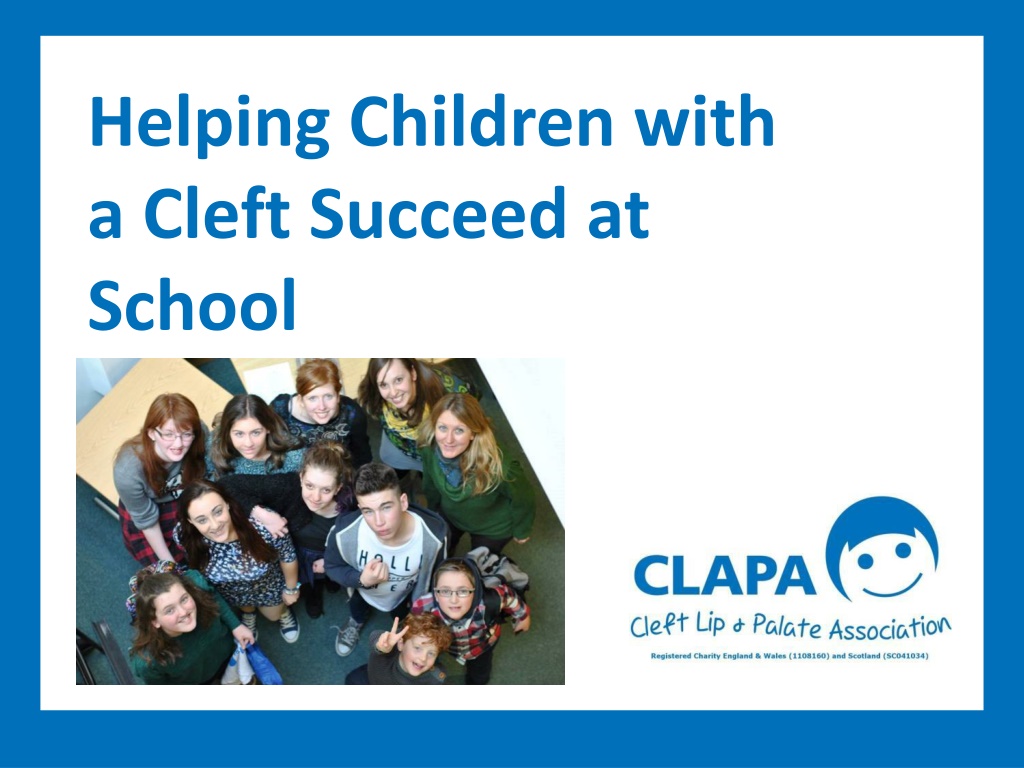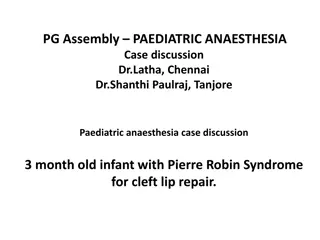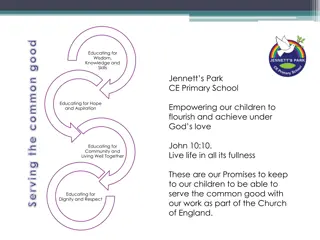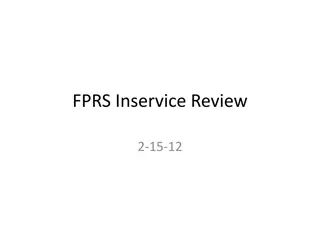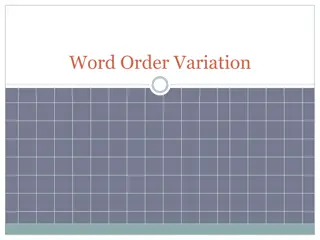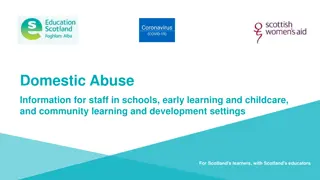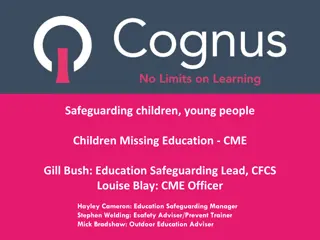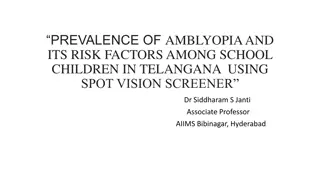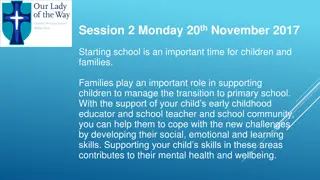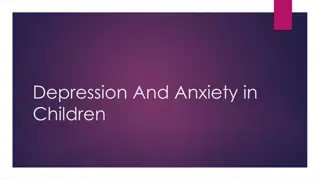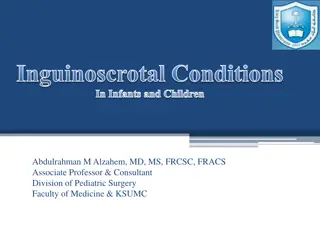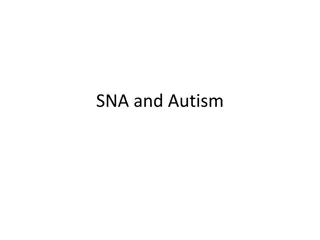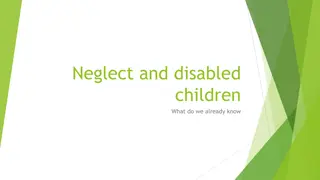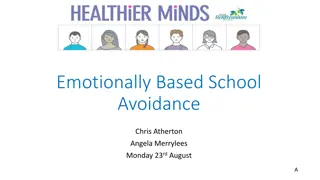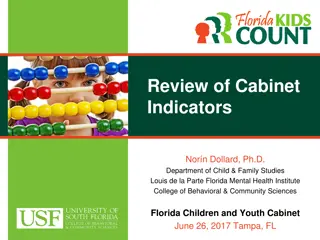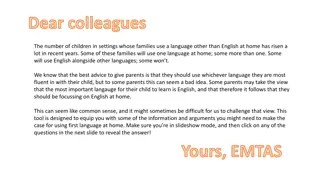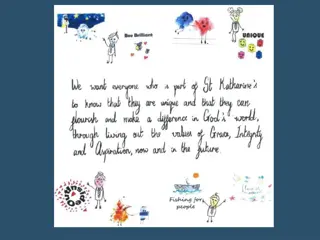Supporting Children with Cleft Conditions in School
Understanding cleft lip and palate conditions in children is essential for educators. Schools can play a vital role in supporting these students through awareness, adapting policies, addressing appearance concerns, and handling speech issues with sensitivity. By creating an inclusive environment and providing necessary interventions, schools can help children with cleft conditions thrive academically and socially.
Download Presentation

Please find below an Image/Link to download the presentation.
The content on the website is provided AS IS for your information and personal use only. It may not be sold, licensed, or shared on other websites without obtaining consent from the author. Download presentation by click this link. If you encounter any issues during the download, it is possible that the publisher has removed the file from their server.
E N D
Presentation Transcript
Helping Children with a Cleft Succeed at School
https://vimeo.com/194534479 Registered Charity England & Wales (1108160) and Scotland (SC041034)
What is cleft lip & palate? Cleft just means gap A cleft lip is a gap in the upper lip. A cleft palate is a gap in the top of the inside of the mouth.
Growing up with a cleft lip and/or palate Registered Charity England & Wales (1108160) and Scotland (SC041034)
FAQs Q: Is cleft a disability? Q: Is cleft linked to learning difficulties? Q: How do children cope with looking or sounding different? Registered Charity England & Wales (1108160) and Scotland (SC041034)
Missing School Even if a child s cleft doesn t cause any problems at school, they will likely still have to miss lessons to attend cleft clinic and hospital appointments How Can Schools Help? Adapt attendance reward policy so it doesn t exclude pupils absent for medical reasons. Instead of 100% attendance , they could reward maximum possible or most improved attendance. Work with parents to make sure children are given a chance to catch up. Registered Charity England & Wales (1108160) and Scotland (SC041034)
Appearance Concerns Some children may feel especially self- conscious about their appearance, and this can have a negative impact on their general confidence levels and class participation. How Can Schools Help? Teachers should take extra care to look out for teasing or comments around appearance, and should support children who wish to explain to the rest of the class why they may look different. They should also sensitively approach any lessons which may bring up issues to do with a child s cleft or appearance, e.g. self-portraits. Registered Charity England & Wales (1108160) and Scotland (SC041034)
Speech Problems Around 40% of children with a cleft palate being treated for speech issues will still not have normal speech by the time they start school, and may sound nasal or be hard to understand. This can affect class participation and social interaction with other children. Avoid interrupting or correcting a child s speech. This can cause anxiety around speaking. Ask a child to repeat themselves once. If you still can t understand, repeat back clearly what you think they may be saying until an understanding is reached. Registered Charity England & Wales (1108160) and Scotland (SC041034)
Speech Problems Certain lessons may cause problems for children with speech difficulties caused by a cleft palate, such as music (especially with wind or brass instruments), languages (children may not be able to physically pronounce certain sounds), and reading out loud. Teachers should: Be patient Encourage children to use their voices Praise successes and milestones If possible, work in partnership with parents and a child s Speech and Language Therapist to support their therapy targets Registered Charity England & Wales (1108160) and Scotland (SC041034)
Hearing Problems Children born with a cleft palate may have recurring glue ear. This happens gradually, so children may not notice anything is wrong, and may seem as though they re not paying attention. Look out for problems like this and alert parents if they suspect anything. It can help to sit the child somewhere in the room where they can clearly see the teacher s face. Special allowances may need to be made for examinations that involve listening to tape recorders in large rooms. Registered Charity England & Wales (1108160) and Scotland (SC041034)
Low Self-Esteem Looking or sounding different can affect how children participate or behave in class as well as how they do academically. Being aware of these issues is the first step towards managing them. Ensure that groups for activities are chosen by some other means than popularity or friendship groups. Recognise a child s abilities and good qualities, and encourage them in focusing on and developing these. These may even be simple things like being compassionate or enthusiastic. Registered Charity England & Wales (1108160) and Scotland (SC041034)
Questions from Others Children may get questions and comments from classmates about their cleft. Even when these are well-meaning, they may be upsetting . Have a basic understanding of cleft and be ready to step in with a simple explanation when necessary. To minimise embarrassment, treat it like any other trait a child might be born with, like eye colour. If you think it would help, encourage children to come up with a simple way to explain their difference to others who ask, e.g. I was born with a hole in my lip but doctors sewed it up when I was a baby. Registered Charity England & Wales (1108160) and Scotland (SC041034)
Discussion Points around Cleft Having a child with a cleft in the class is a good chance to talk to pupils about diversity, acceptance, and empathy. Here are a few ideas: Q. Everyone is made differently. Ask pupils to name one thing that is different about them. Q. Ask the class to think about what the world would be like if we were all the same, and then about the benefits of us all being different. Q: Ask the class to think about the most important qualities in a friend. Pick out when they focus on things that are to do with someone s personality, not how they look or sound.
The Cleft Lip and Palate Association (CLAPA) is the only national charity dedicated toimprove the lives of people born with a cleft and their families in the United Kingdom. The charity offers a wide range of services to people affected by cleft, including support for parents, children, young people, and adults. Support for children and young people includes: - Local activity days - Residential weekends - Young Peer Supporters - Children and Young People s Councils - Information designed by young people with a cleft - Facebook Groups, Q&A videos, case studies and more Every time I leave to go home after a CLAPA trip I burst into tears because I ve had such an amazing time. When I go back to school I know I feel a little bit proud to have a cleft, and I feel much more confident. - 14 year old after a Residential Weekend
